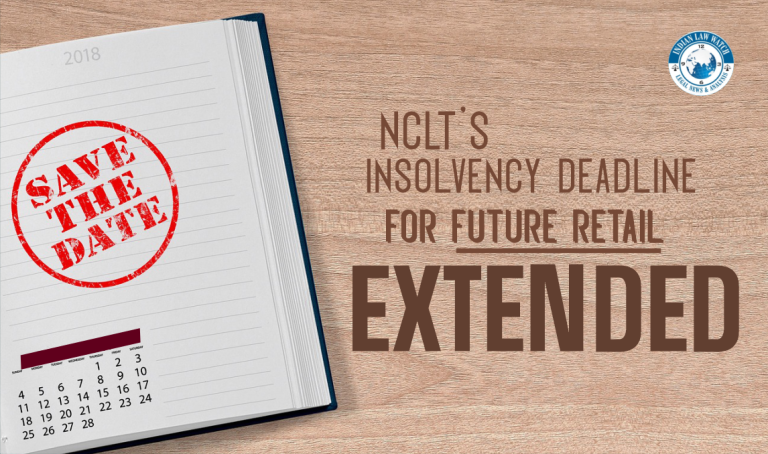
 In Apparent Marketing Private Limited v. State of U,P. and Ors., the Allahabad High Court held that the GST registration of a firm cannot be cancelled merely by describing the firm as ‘bogus’.
In Apparent Marketing Private Limited v. State of U,P. and Ors., the Allahabad High Court held that the GST registration of a firm cannot be cancelled merely by describing the firm as ‘bogus’.
 Factual Background
Factual Background
The assessee was granted registration under the UP GST Act, 2017 w.e.f. 17.08.2017 for trading in Pan Masala and Tobacco. Later in the same year, a survey was conducted at the business premises of the assessee and thereby, those premises were closed. Subsequently in 2018, another survey was conducted but no adverse material was discovered.
On 22.07.2020, the assessee received a proposal for cancellation of his GST registration vide a notice under section 29 of the UP GST Act, 2017 on the ground that during inspection of SIB, his firm was found to be ‘bogus’. Subsequently, on 13.08.2020, an order was passed for cancellation of registration of assessee’s firm on the ground that no reply was furnished by assessee in response to the notice dated 22.07.2020.
Thereafter, the assessee filed an application for revocation of cancellation under section 30 of the UP GST Act, 2017 which was rejected on the ground that the firm was found to be bogus.
When GST registration may be cancelled?
Section 29(2) of the UP GST Act, 2017 provides that the proper officer may cancel the registration of a person as he may deem fit, in the following circumstances:
a) a registered person contravened any provisions of the Act or rules made thereunder, or
b) a tax payee did not furnish returns for three consecutive tax periods, or
c) any registered person other than specified in clause (b), failed to furnish returns for a period of 6 months, or
d) any person who took voluntary registration under section 25(3) but did not commence business within 6 months of registration, or
e) the registration itself was obtained by fraud, wilful misstatement, or suppression of facts.
Such cancellation can have a retrospective effect as well. Moreover, the proviso to section 29(2) provides that such person shall be given an opportunity of being heard before the registration is cancelled.
Interpretation of the expression ‘bogus’
The Allahabad High Court observed that the expression ‘bogus’ has not been used anywhere in the provision and it may relate to conditions provided in clauses (c) and (d) of Section 29(2) of the UP GST Act, 2017. However, such conditions do not exist in the present case.
It was observed that by describing the firm as ‘bogus’, the respondent authority failed to level an exact charge, and therefore, the assessee did not have a fair opportunity to rebut such cancellation.
Obligation on the authority
The Allahabad High Court further observed that since the registration was granted earlier, it is an obligation of the authority to specify the exact reason on which it proposed to cancel the registration. In the present case, the respondent authority specified the reason why it proposed to cancel the registration of the assessee i.e. why it considered the firm ‘bogus’ by specifically stating the supporting facts.
Since the notice of the respondent authority was devoid of the supporting material and failed to mention the exact charge, the notice was defective.
 Conclusion
Conclusion
The Allahabad High Court held the charge to be ‘vague’ as it prevented the assessee to rebut it due to its ambiguity. The UP GST Act, 2017 contemplates the issuance of the notice in specified circumstances on specific grounds. Those could not be diluted or made vague by describing the assessee as ‘bogus’.
However, it is open to the Authority to issue a fresh notice specifying the exact charge against the assessee.





